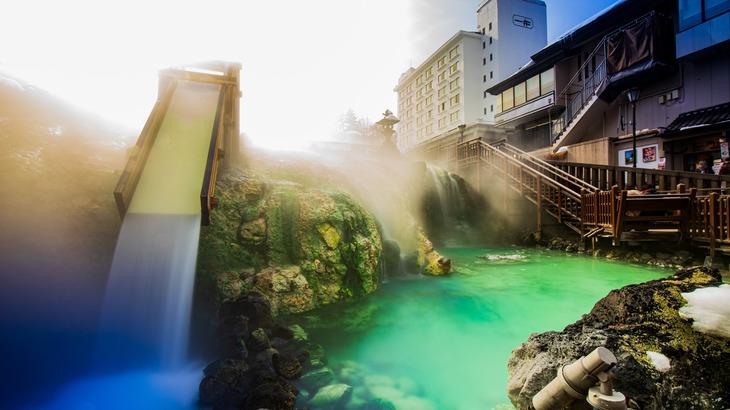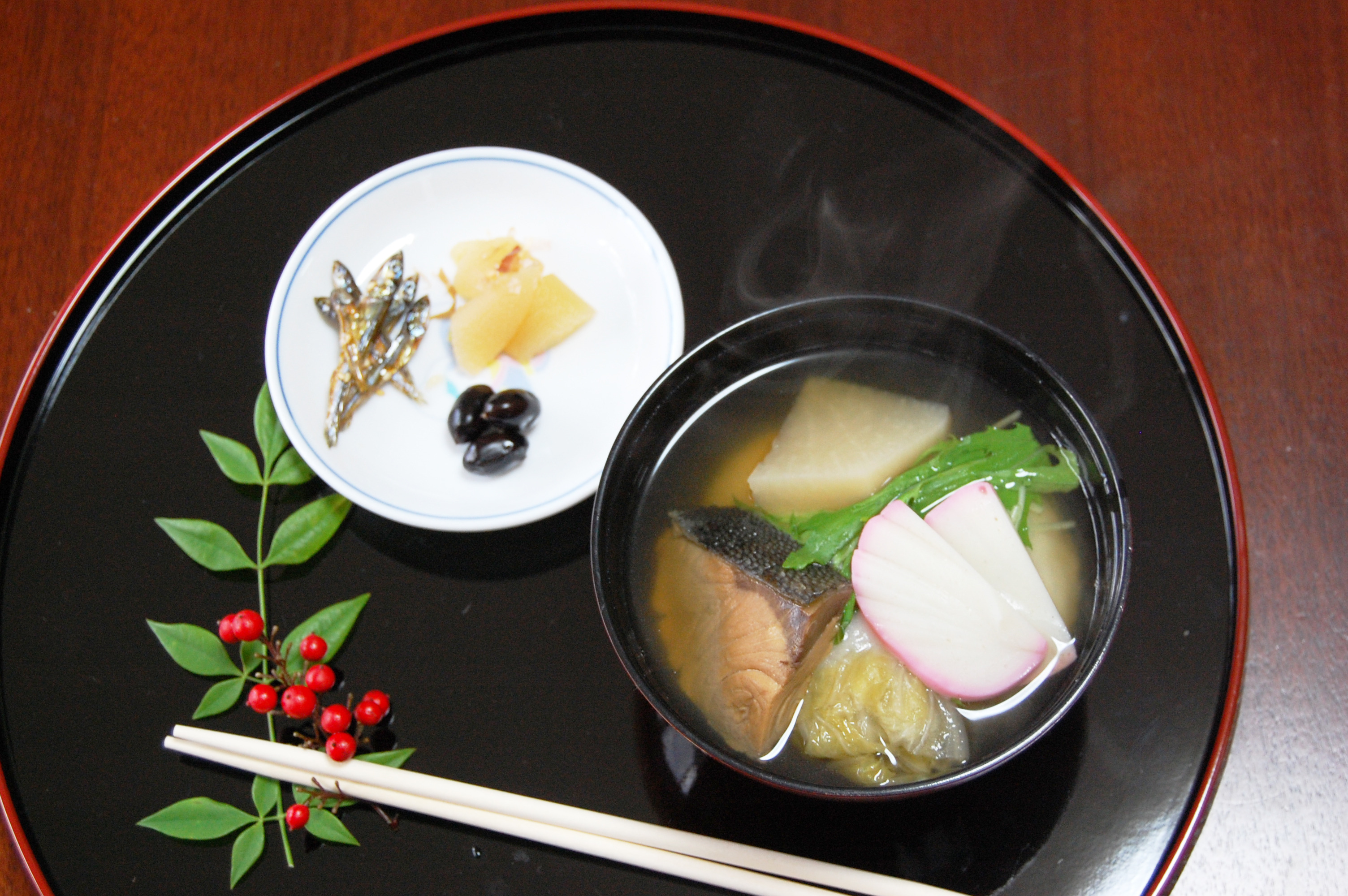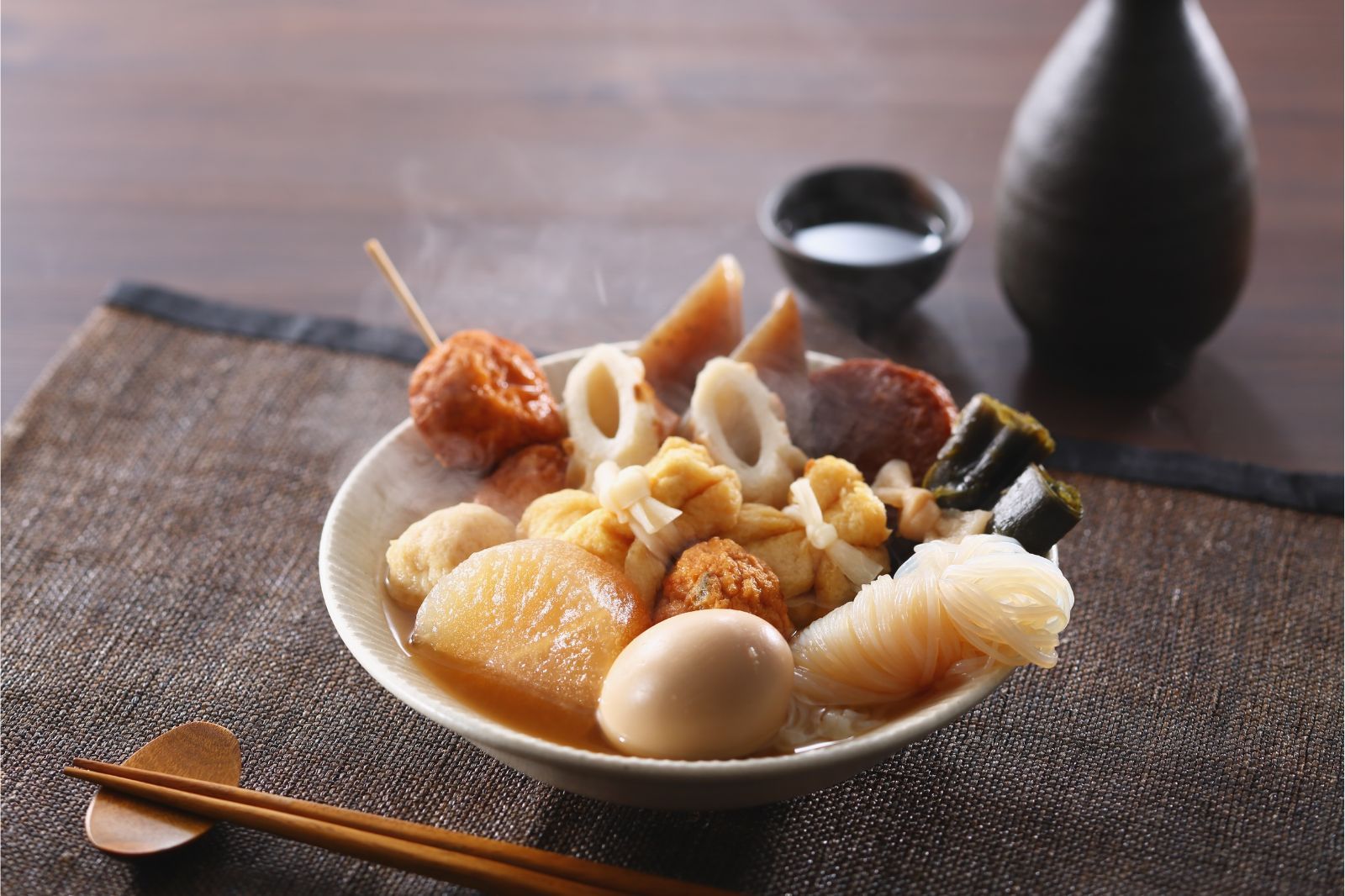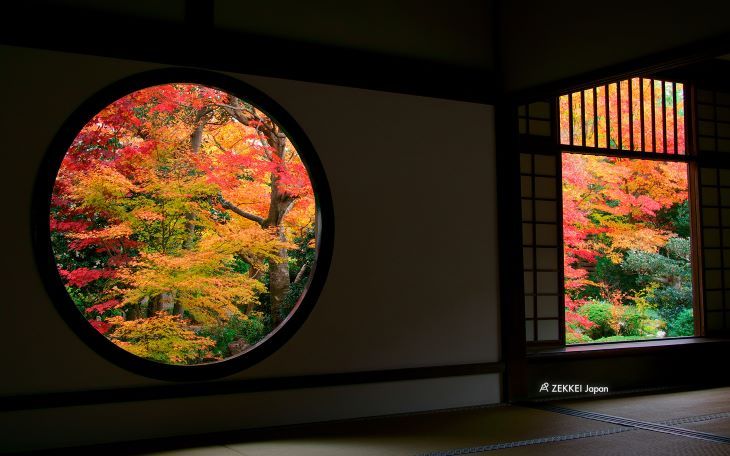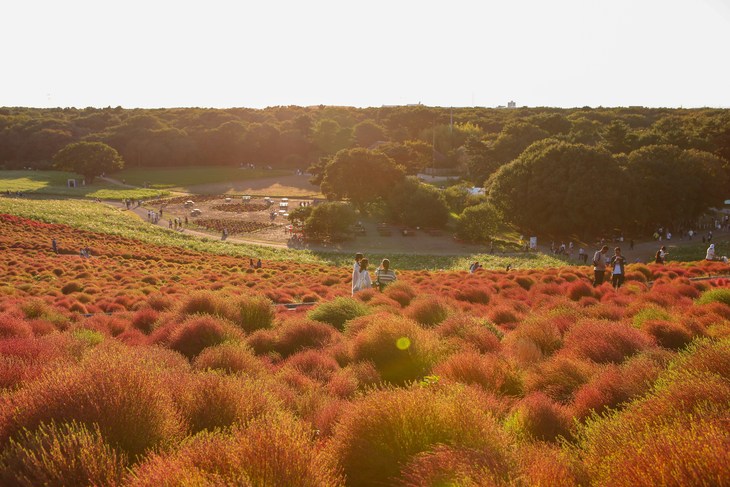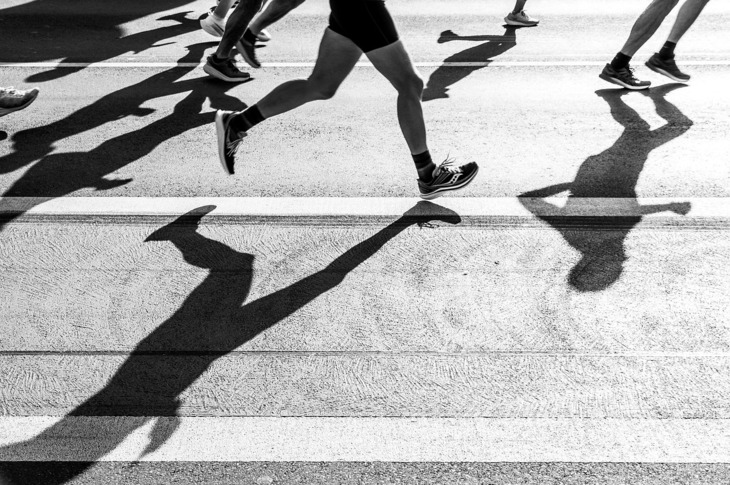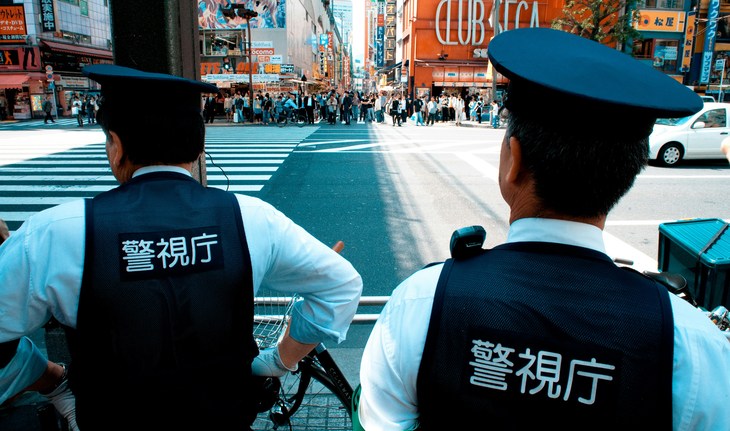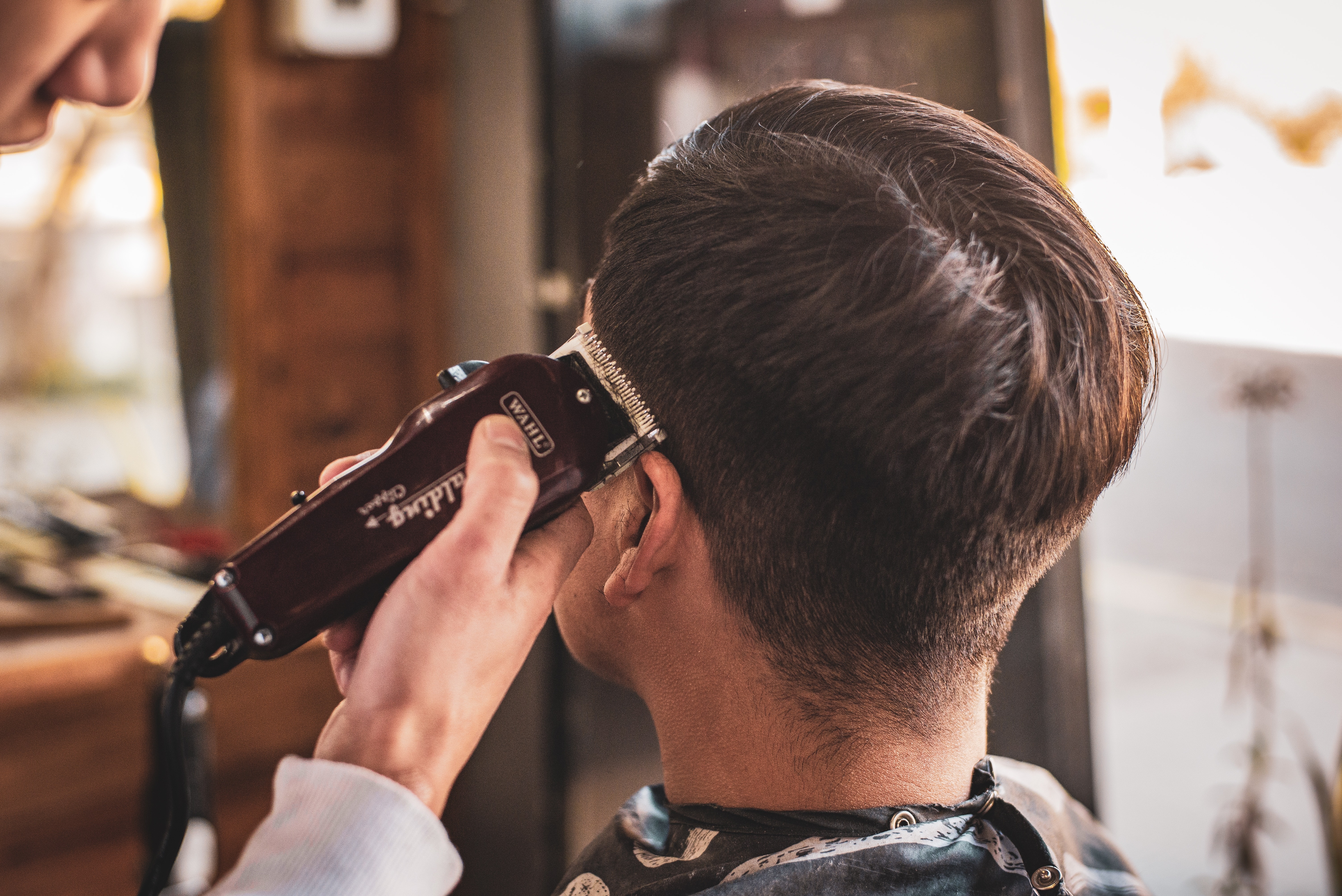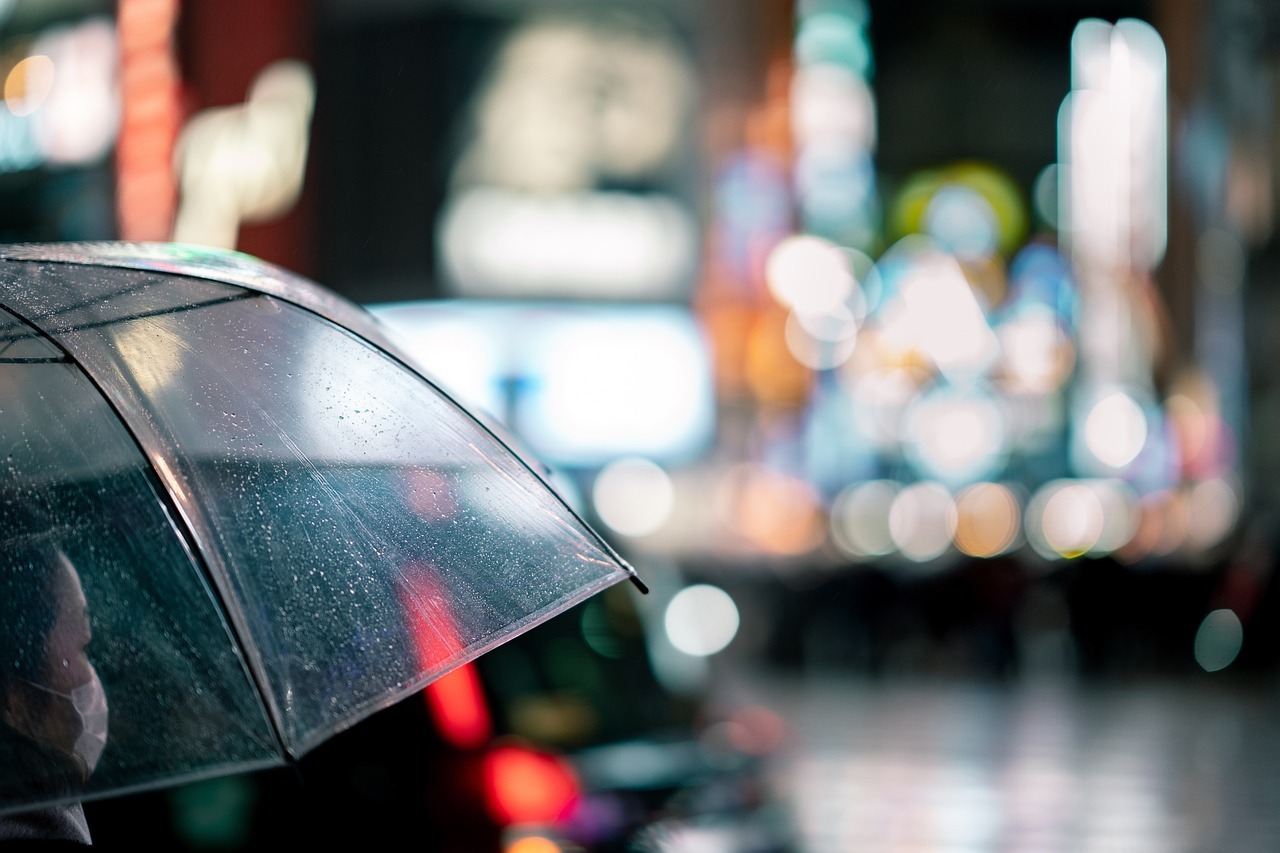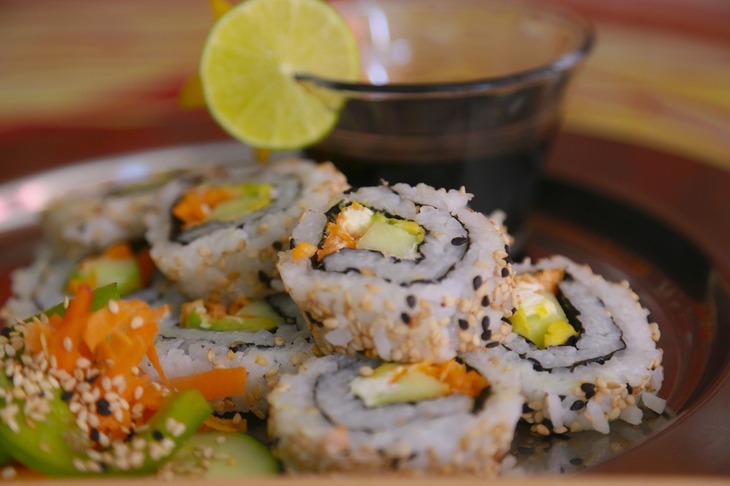Everything You Need to Know About Hot Springs in Japan
Chances are that when you hear "Japan," one of the first things you think of is an "onsen," a Japanese hot spring.
Onsens are a deeply-rooted part of Japanese culture, and so you can find hot springs or public baths in big cities, small towns, rural villages, and even on top of mountains.
When you come to Japan, you need to take the time to try out an onsen at least once. But when you do, you need to be aware that there are a lot of manners and etiquette, both written and unwritten, that you should keep in mind and follow when you use a hot spring so that you and everyone around you can enjoy the onsen without causing anyone else any discomfort.
So let's look at manners and etiquette you should follow when you are at a hot spring, the different kinds of hot springs in Japan, as well as dive a little deeper into onsen culture.
The Basics You Need to Know
First, let's look at the basic rules and etiquette that you should know and follow when you're at an onsen. Doing (or not doing) these things will help you have a great experience and help you avoid offending anyone or causing discomfort to those around you.
・What to Do in the Changing Room
Before you enter the hot spring proper, you'll usually enter a changing room used by all the onsen's patrons. Using your cell phone here is almost always prohibited, so be sure to turn it off or keep it stored away.
This is where you'll get undressed before entering the hot spring. There will usually be either lockers or baskets available to keep all your clothes and belongings while you're in the baths. Lockers can often be locked with a key on a wristband, so once you've put away all your stuff be sure to lock the locker and bring the key with you. You're allowed to wear the wristband when you're in the onsen.
・Shower BEFORE Getting in the Baths
Usually, once you exit the changing room you'll be met by rows of showers. Before you enter the hot springs, you should absolutely take a shower. The idea is that everyone entering the baths will be clean, helping keep the water sanitary. Take the time to use the shampoo, conditioner, and body wash that will be provided, and think of it as the first relaxing step of your onsen experience.
While it's common at home to stand while taking a shower, at onsens, people usually take showers sitting down on stools. Since there are usually no partitions between the showers at onsens, sitting while showering helps make sure you aren't accidentally splashing the people around you.
・If You Have Long Hair, Tie It Up!
In Japan, hair is generally thought of as the most unsanitary part of the body, so if you have long hair you should tie it up so that it doesn't touch the water.
・Check Tattoo Policies & Cover Tattoos if You Need To
Some onsens outright prohibit anyone with tattoos from using their public baths, while others will allow you to enter the bath if you have a tattoo as long as you can somehow cover it up. It's possible to buy special "tattoo covers" that are skin-colored and waterproof that you can put over your tattoos. The onsen may have some available for you to buy or you may need to pop into a local drug store to buy some before going to the onsen.
There are also onsens that allow you to have tattoos and openly show them in the baths, but be sure to check the onsen's policies before going. You don't want to wind up in a situation where you're excited to take a nice relaxing bath only to find out that the onsen won't let you in because of your ink!
You can learn more about having tattoos in Japan and onsen tattoo policies by checking out our other article here.
・Don't Put Towels in the Water!
You'll usually see most people in the hot spring carrying around a small towel with them as they enjoy the baths. It's fine to bring a small towel with you to cover your private areas if you're feeling a little nervous being naked in a hot spring with strangers, but make sure that you keep the towel out of the water! You can leave it on the side of the bath or soak the towel in cold water before entering a bath and then keep it on your head to prevent yourself from overheating in the bath.
・It's OK to Chat... Quietly!
If you go to an onsen with friends or family, it's fine to talk to them while you're in the baths. But keep in mind that onsens are supposed to be places of rest and relaxation, so there may be patrons there by themselves who are just trying to enjoy themselves peacefully. So if you want to talk with people, try to do so quietly.
・Don't Splash Around!
This should go without saying, but hot springs are baths, not swimming pools. So don't dive or cannonball into the bath, and once you're in don't splash around. If you have kids and they're playing or splashing around a bit people will understand to some extent, but do try to keep them from playing as much as you can.
・Wipe Yourself Down Before Going to the Sauna or Changing Room
Onsens will often also have a sauna that you can enjoy after taking a bath. But keep in mind that if you walk into the sauna right after getting out of a bath, you'll soak the area where you sit and make it a little unpleasant for the next person who uses that spot after you. That's why it's a good idea to give yourself a quick wipe-down with a towel before you head into the sauna.
Also, if you decide to spend some time in a sauna and then want to go back into a bath, be sure to rinse yourself off before getting back in the water!
Before you head back to the changing room, be sure to dry yourself off a bit as well with that towel that you brought with you into the hot spring area. That way you don't drip too much water everywhere and make life harder for the cleaning staff or other patrons.
Things To Keep in Mind for Your Health
Onsens are relaxing and are said to have many health benefits, but you do need to be a little careful. If you have any health conditions, such as high blood pressure, heart problems, or respiratory issues, be cautious when using hot springs. The hot water can put extra strain on your body, so if you are not used to soaking in hot water for extended periods, check with your doctor before entering an onsen.
Before and after bathing in a hot spring, drink lots of water. The heat can make you lose fluids quickly, and you may not notice while you are in the bath. Drinking water will help you avoid feeling dizzy. Many hot springs have water fountains in the changing rooms, so take advantage.
In the same vein, try not to stay in a hot spring for too long. Ten to fifteen minutes at a time is usually a safe amount of time. If you start feeling dizzy or lightheaded, slowly get out of the bath and take a break.
Finally, some onsens contain minerals that can be harsh on sensitive skin. If you have sensitive skin, don't fully submerge yourself in the water until you're sure it won't irritate you.
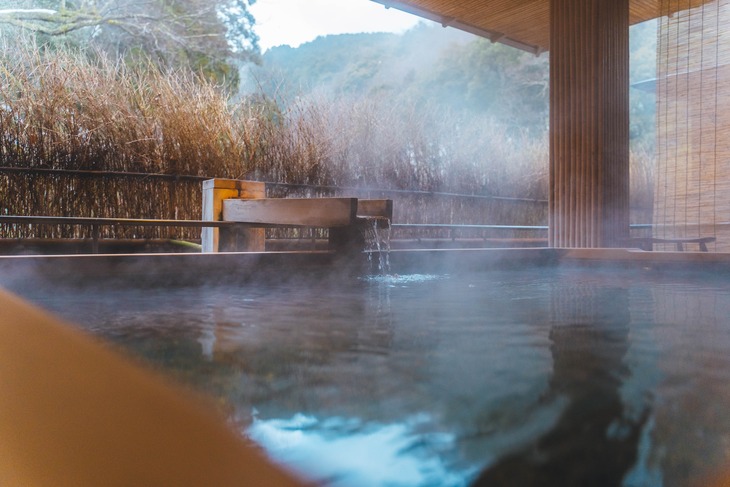
The Different Types of Onsens
There are many different kinds of hot springs in Japan, which are said to have different health benefits. Here are some of them.
・Sulfur Springs (lou-sen)
One of the most recognizable kinds of hot springs due to their distinctive "rotten egg" smell. Soaking in a sulfur bath is said to soften and beautify skin, improve circulation, and help alleviate conditions like arthritis, joint pain, and chronic skin disorders.
・Carbonated Springs (tansan-sen)
These springs contain carbon dioxide gas, which forms bubbles in the water. Carbonated onsen are rare but offer a unique, refreshing experience. The bubbles in the water can help dilate blood vessels, improving circulation and lowering blood pressure. This makes carbonated hot springs ideal for people who have just finished working out or doing something physically exerting.
・Iron Springs (tetsu-sen)
The water in iron-rich hot springs usually has a reddish-brown hue because of the iron. These springs are known for their revitalizing effects, especially for people with low iron levels.
・Sodium Chloride Springs (enka-butsusen)
These are the most common natural hot springs in Japan and are easily recognizable thanks to their salty taste. This salty water helps you stay warmer for longer after leaving the bath, so try hitting up one of these baths in the winter. They are also known for relieving joint and muscle pain and soothing dry skin.
・Mud Onsens (Doroyu)
Mud onsens are filled with volcanic mud rich in minerals. The texture of the water is therefore very different, becoming much thicker. These baths are known for exfoliating skin, leaving it feeling soft.
・Sand Baths (Sunaburo)
These are not really baths in the same way as the other onsens in this list. If you go to one, you will be buried up to your neck in warm, naturally-heated sand. Sand baths are said to help relieve joint pain and muscle tension, as well as offer relief from arthritis and rheumatism.
Local Onsen Culture
Depending on the onsen you go to, there may be other facilities or things to do there that you can enjoy besides just taking a bath. You'll often see locals doing these things, but not as many tourists. So here are a couple of things you can do to feel more like a local and have a more "real" onsen experience.
・Drink Milk!
It's a bit of a tradition in Japan to drink milk or coffee milk after a hot bath in a hot spring. Traditionally these are sold in small glass bottles that you dispose of near where you got them. You'll sometimes find vending machines full of only these two drinks, or they'll be sold at a small shop inside the onsen.
While you could choose any other cold drink to cool down after getting out of the hot springs, if you want to enjoy authentic Japanese culture and feel like a local, go for the milk!
・Play Some Ping-Pong!
A lot of Japanese hot springs will have ping-pong tables set up outside of the baths and changing rooms for people to play. You could work up a sweat playing ping-pong before washing off in the hot springs, or enjoy a round or two right after.
Have an Amazing, Relaxing Time!
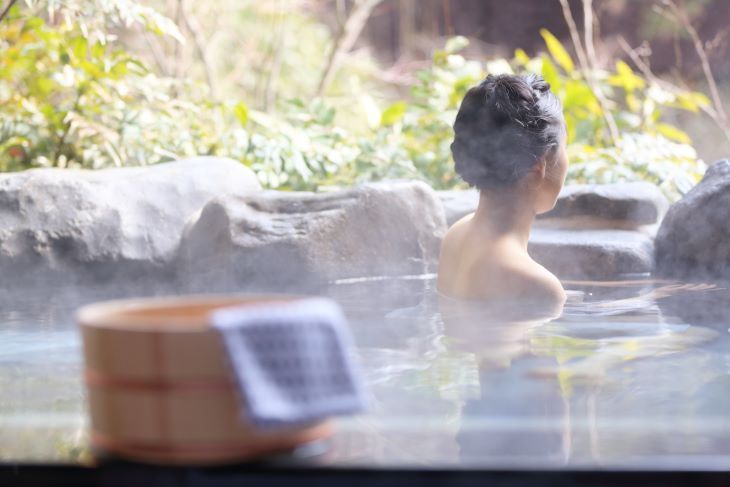
Unless you are using a private onsen, keep in mind that hot springs are public facilities that are used by many people. As long as you are respectful, follow the written and unwritten rules, and don't bother others, you can have a fantastic time at any onsen in Japan.
No matter where in Japan you are planning to visit, be it Tokyo or a tiny ryokan in the countryside, take the time to relax at an onsen. It will be an amazing memory to take home with you.














